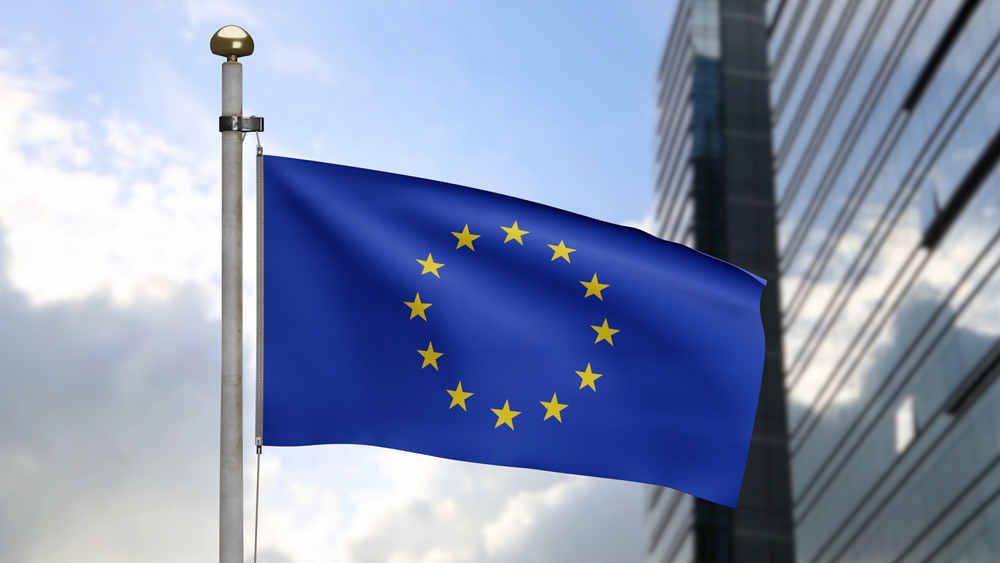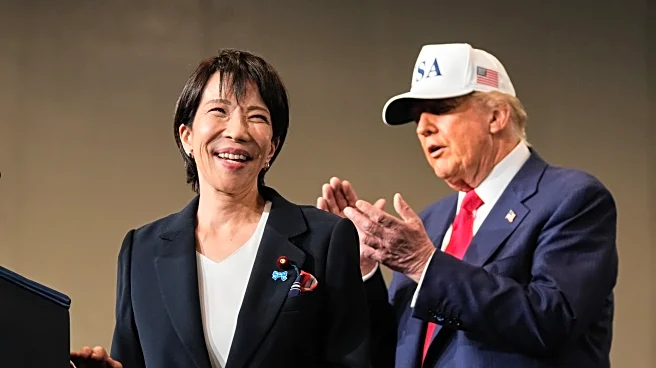The European Union has taken a decisive step in the ongoing confrontation with Russia by approving an 18th sanctions package, aimed squarely at crippling the nation’s oil and energy sectors. This comprehensive
Did You Know
There’s a species of jellyfish that’s immortal.
?
AD
measure expands an already extensive blacklist, now encompassing more than 2,500 individuals and entities implicated in facilitating Russia's war efforts in Ukraine. Key elements of the package include severe restrictions on the transportation of Russian oil, as well as a lower price cap for oil purchases within EU jurisdictions, thereby directly impacting Moscow's energy revenue and military capabilities.
After previously blocking these sanctions, Slovakia has shifted its position, with Prime Minister Robert Fico announcing the government’s endorsement of the measures. This development reflects a commitment among EU countries to present a united front against Russian aggression, highlighted by assurances from the European Commission regarding energy supply safeguards. EU leaders characterized this round of sanctions as unprecedented in its scope and intent, directly targeting what they describe as the “heart of Russia’s war machine.”
Despite the intense economic pressure, the Kremlin remains defiant, asserting its ability to withstand the sanctions and promising to intensify military actions in Ukraine. This complex geopolitical scenario underscores the challenging balance the EU must strike between enforcing punitive measures and preventing further escalation in the conflict. As markets react to these developments, particularly in oil pricing, the full impact of the sanctions is yet to be seen, but the stakes are clear: the EU aims to diminish Russia’s capacity to operate while supporting Ukraine in its pursuit of sovereignty and peace.
Q&A (Auto-generated by AI)
What are the main goals of the EU sanctions?
The EU sanctions aim to weaken Russia's economy and reduce its ability to finance the war in Ukraine. This includes targeting Russia's energy sector, which is crucial for its revenue, and imposing restrictions on oil exports. By doing so, the EU seeks to pressure Moscow into compliance with international norms and encourage a ceasefire in the ongoing conflict.
How do sanctions affect Russia's economy?
Sanctions can significantly impact Russia's economy by limiting its access to international markets and financial systems. This can lead to decreased foreign investment, reduced trade opportunities, and a decline in the value of the ruble. The sanctions specifically target key sectors like energy and banking, which are vital for economic stability and growth.
What is the significance of the oil price cap?
The oil price cap is designed to restrict Russia's revenue from oil sales, which is a primary source of funding for its military operations. By setting a lower price limit, the EU aims to diminish Russia's profits while still allowing some oil to flow into the market, thus balancing supply and price stability globally.
What is the history of EU sanctions on Russia?
EU sanctions on Russia began in 2014 following the annexation of Crimea. Over the years, the EU has implemented multiple sanctions packages targeting various sectors, including finance, energy, and defense. The 18th package represents a continuation of this trend, responding to ongoing aggression in Ukraine and aiming to increase pressure on the Russian government.
How has Russia responded to previous sanctions?
Russia has often claimed to have developed immunity to sanctions, asserting that it can adapt its economy to mitigate their effects. The Kremlin has also engaged in counter-sanctions, restricting imports from the EU and seeking alternative markets. Additionally, Russian officials argue that sanctions ultimately harm the countries that impose them.

















